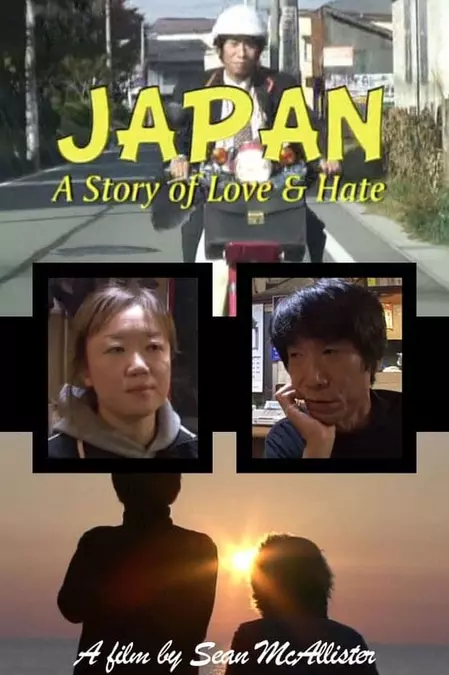Late Spring (1949)
Late Spring (1949)

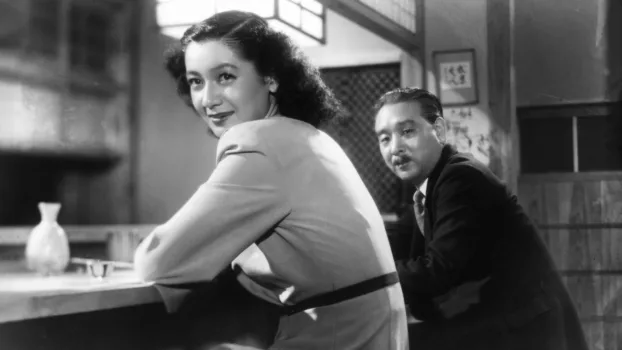
Plot.
Where to Watch.
 Free
Free Free
Free Subs
Subs Subs
Subs Rent
Rent Ads
Ads Rent
Rent Subs
Subs Subs
Subs Subs
Subs Subs
Subs Subs
Subs Rent
Rent Ads
Ads Free
FreeCurrently Late Spring is available for streaming online, rent, buy or watch for free on: Plex, Plex Channel, Fandor, Criterion Channel, Apple TV, Cineverse, Amazon Video, Fandor Amazon Channel, TCM, Max Amazon Channel, Max, TCM Amazon Channel, Fandango At Home, Tubi TV, Fawesome
Streaming in:🇺🇸 United States

Cast & Crew.
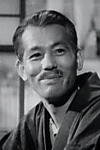
Chishū Ryū
Shukichi Somiya
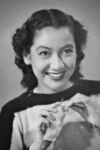
Setsuko Hara
Noriko Somiya
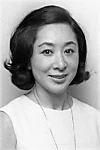
Yumeji Tsukioka
Aya Kitagawa
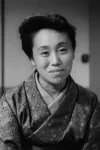
Haruko Sugimura
Masa Taguchi

Hōhi Aoki
Katsuyoshi
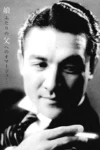
Jun Usami
Shuichi Hattori
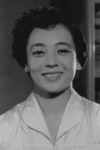
Kuniko Miyake
Akiko Miwa
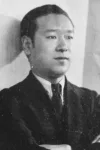
Masao Mishima
Jo Onodera
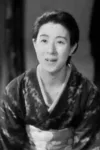
Yoshiko Tsubouchi
Kiku
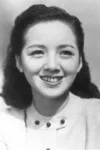
Yōko Katsuragi
Misako
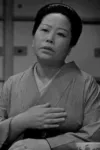
Toyo Takahashi
Shige

Jun Tanizaki
Seizo Hayashi

Ichirō Shimizu
Takigawa's Master

Yoko Benisawa
Teahouse Proprietress

Manzaburo Umewaka
Shite

Nobu Nojima
Waki

Ichiro Kitamura
Little Drum

Haruo Yasufuku
Big Drum

Tadaichi Aoki
Prompter

Seiju Kanze
Noh Chorus

Shintaro Umewaka
Noh Chorus

Shizuo Kanze
Noh Chorus

Seiji Toda
Noh Chorus

Kozo Fukuda
Noh Chorus

Shinichiro Takayama
Noh Chorus

Seinosuke Ishida
Noh Chorus

Yutaka Aoki
Noh Chorus

Kinzo Hasegawa
Noh Chorus

Gazan Hasegawa
Noh Chorus

Mikuma Shimada
Flute
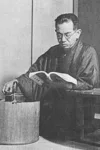
Kōgo Noda
Screenplay

Yoshiyasu Hamamura
Editor

Takeshi Yamamoto
Producer

Senji Itô
Original Music Composer
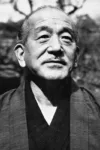
Yasujirō Ozu
Director / Screenplay

Kazuo Hirotsu
Novel

Yûharu Atsuta
Director of Photography

Toku Sakuma
Key Hair Stylist

Rokusaburô Saitô
Sound Effects Editor

Tatsuo Hamada
Art Direction

Shôkichi Tsukamoto
Third Assistant Director

Kôzô Yamamoto
Second Unit First Assistant Director
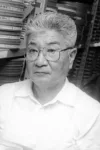
Takashi Kawamata
Camera Operator

Takeo Matsuda
Camera Operator

Motoshige Oikawa
Camera Operator

Hisae Kakizawa
Hairstylist

Hirofumi Satô
Sound Recordist

Makoto Aihara
Assistant Property Master

Michiyo Haneta
Assistant Editor

Ryô Ôfuji
Sound Recordist

Shigeo Suzuki
Lighting Technician

Mototsugu Komaki
Set Decoration

Kintarô Yamamoto
Set Designer

Haruo Isono
Gaffer

Yoshitsugu Tonegawa
Camera Operator

Akira Aomatsu
Lighting Technician

Bunjiro Suzuki
Costume Designer

Masao Kumagai
Assistant Art Director

Tetsuji Yamazaki
Assistant Property Master

Hidetaka Sasaki
Sound

Seiji Inoue
Camera Operator

Kakuzô Sasu
Assistant Set Designer

Kôjirô Suematsu
Sound Recordist

Kingorô Yoshizawa
Hairstylist

Kôzô Tashiro
Second Assistant Director

Yoshiomi Hori
Sound Recordist
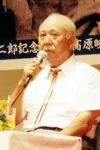
Buichi Saitō
First Assistant Director

Yoshisaburo Seno
Sound Mixer
Media.









Details.
Release DateSeptember 13, 1949
Original Name晩春
StatusReleased
Running Time1h 50m
Genres
Last updated:
This Movie Is About.
Wiki.
Late Spring (晩春, Banshun) is a 1949 Japanese drama film directed by Yasujirō Ozu and written by Ozu and Kogo Noda, based on the short novel Father and Daughter (Chichi to musume) by the 20th-century novelist and critic Kazuo Hirotsu. The film was written and shot during the Allied Powers' Occupation of Japan and was subject to the Occupation's official censorship requirements. Starring Chishū Ryū, who was featured in almost all of the director's films, and Setsuko Hara, marking her first of six appearances in Ozu's work, it is the first installment of Ozu’s so-called "Noriko trilogy", succeeded by Early Summer (Bakushu, 1951) and Tokyo Story (Tokyo Monogatari, 1953); in each of which Hara portrays a young woman named Noriko, though the three Norikos are distinct, unrelated characters, linked primarily by their status as single women in postwar Japan.
Late Spring belongs to the type of Japanese cinema known as shomin-geki, a genre that deals with the ordinary daily lives of working class and middle class people of modern times. The film is frequently regarded as the first in the director's final creative period, "the major prototype of the [director's] 1950s and 1960s work". These films are characterized by, among other traits, an exclusive focus on stories about families during Japan's immediate postwar era, a tendency towards very simple plots and the use of a generally static camera.
Late Spring was released on September 19, 1949, to critical acclaim in the Japanese press. In the following year, it was awarded the prestigious Kinema Junpo critics' award as the best Japanese production released in 1949. In 1972, the film was commercially released in the United States, again to very positive reviews. Late Spring has been referred to as the director's "most perfect" work, as "the definitive film of Ozu's master filmmaking approach and language" and has been called "one of the most perfect, most complete, and most successful studies of character ever achieved in Japanese cinema". In the 2012 version of Sight & Sound's decennial poll of "The Greatest Films of All Time", published by the British Film Institute (BFI), Late Spring appears as the second highest-ranking Japanese-language film on the list at number 15, behind Ozu's own Tokyo Story at number 3.
You May Also Like.
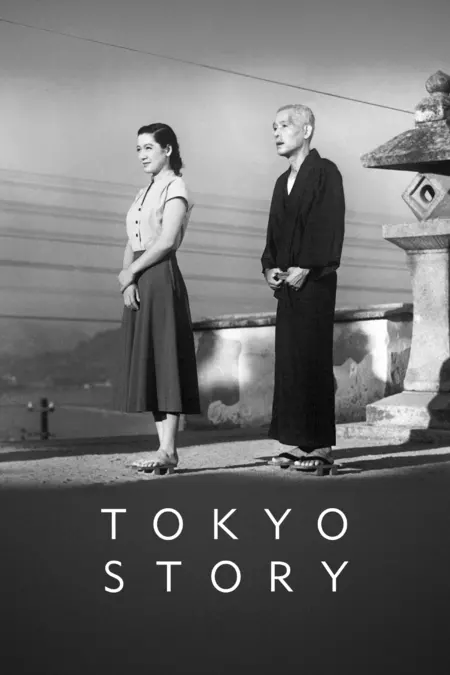
Tokyo Story (1953)
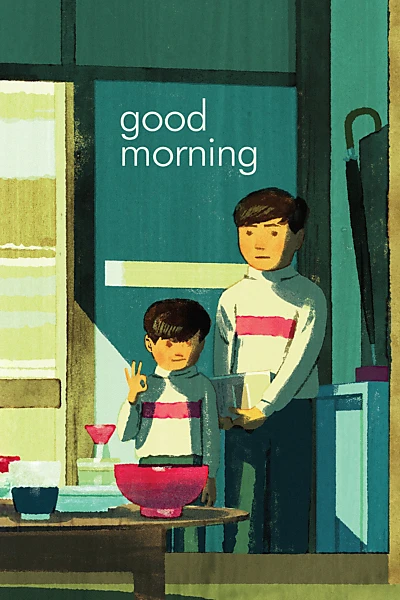
Good Morning (1959)
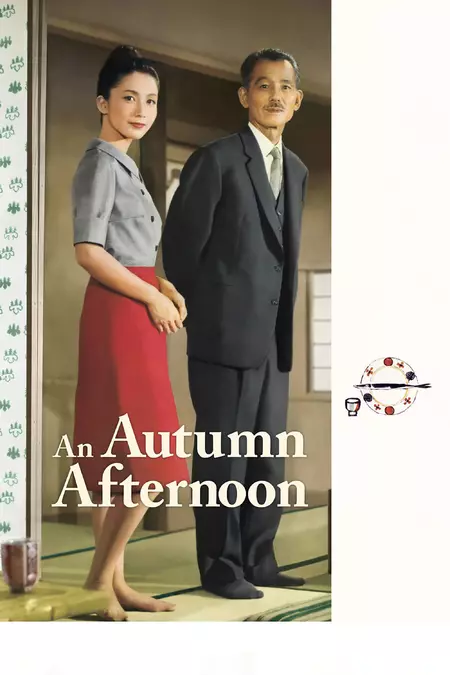
An Autumn Afternoon (1962)
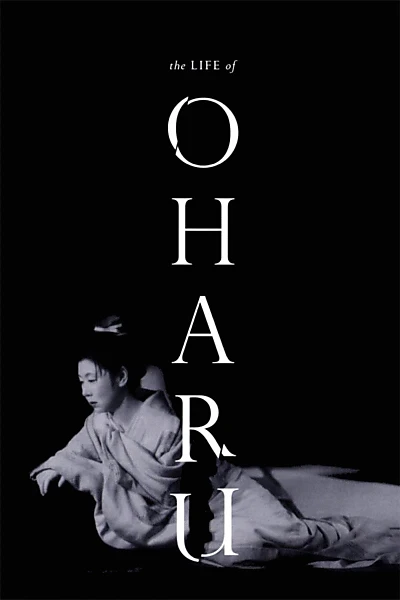
The Life of Oharu (1952)
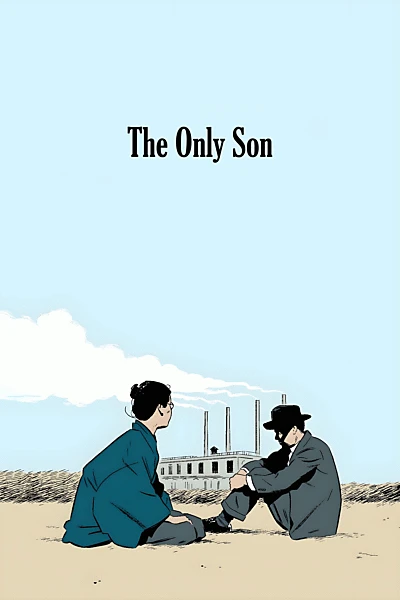
The Only Son (1936)
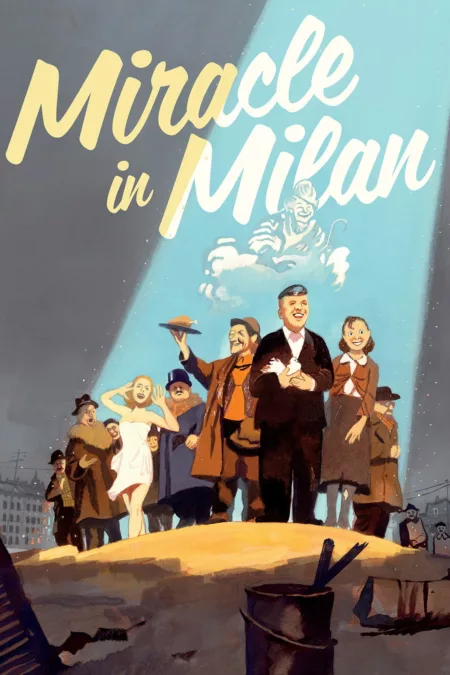
Miracle in Milan (1951)
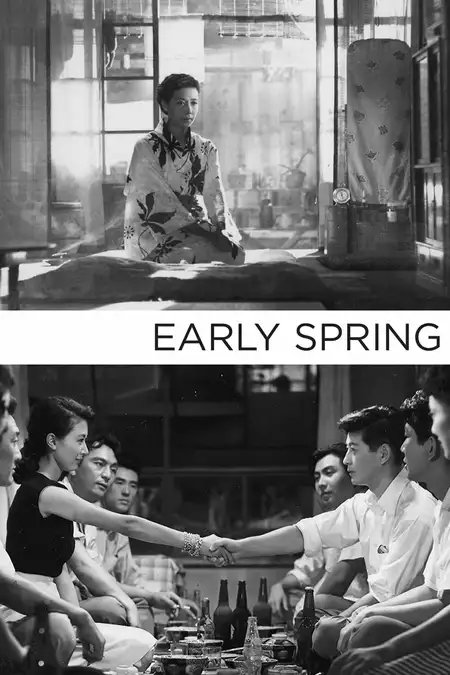
Early Spring (1956)
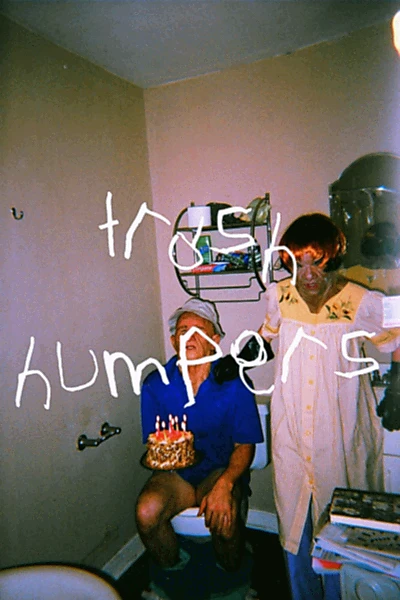
Trash Humpers (2010)
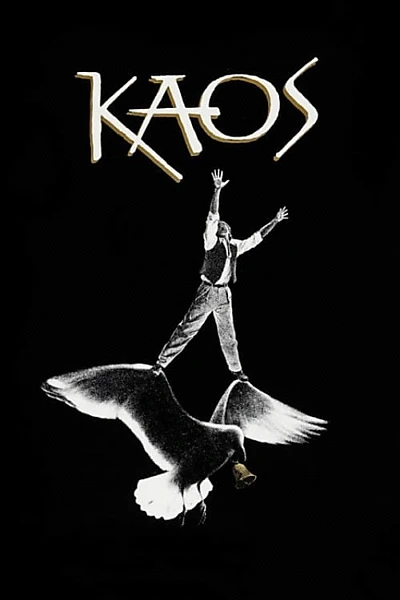
Kaos (1984)
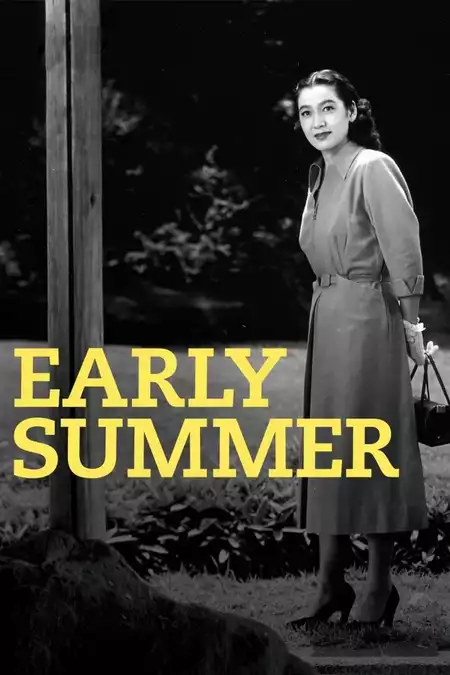
Early Summer (1951)
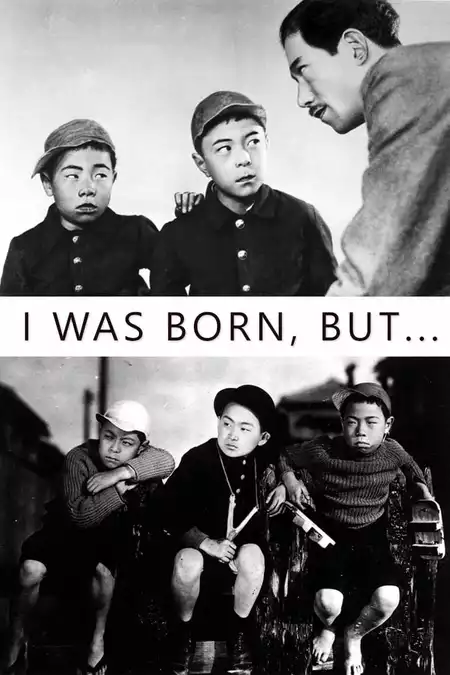
I Was Born, But... (1932)
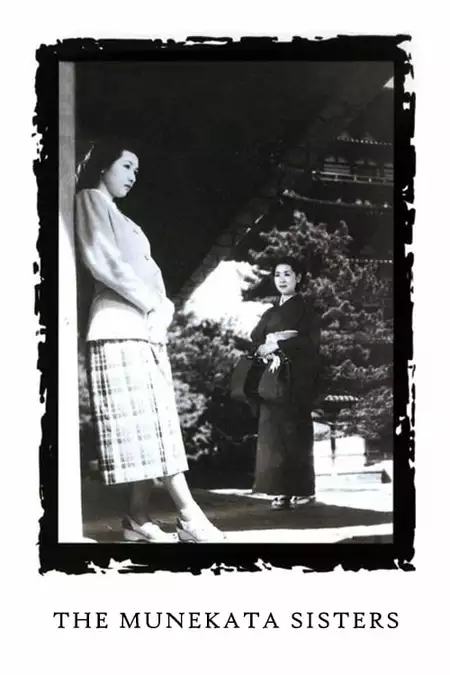
The Munekata Sisters (1950)
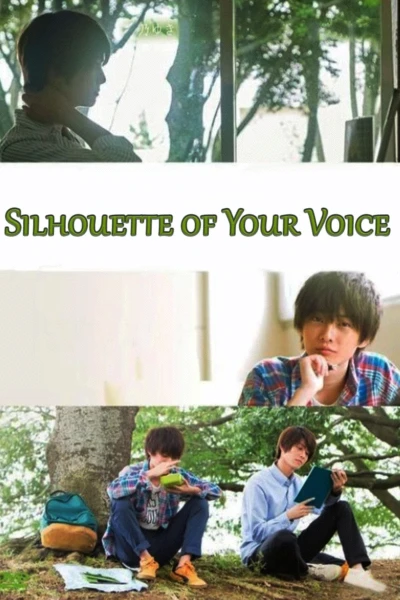
Silhouette of Your Voice (2017)
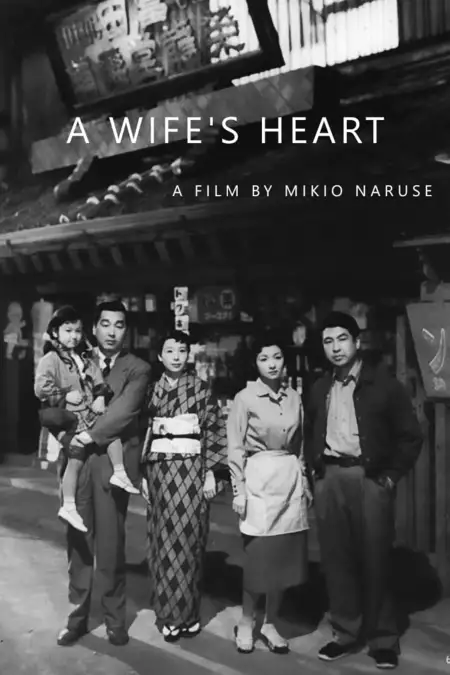
A Wife's Heart (1956)
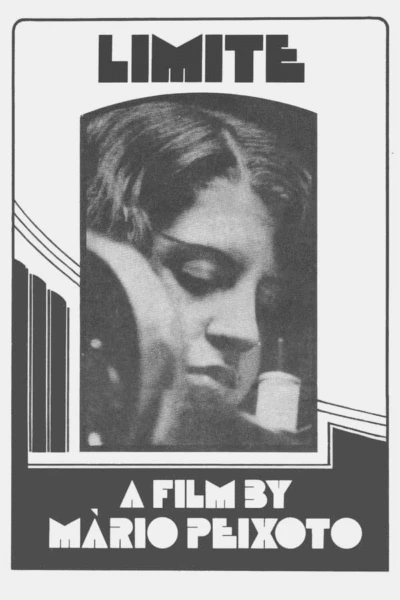
Limite (1931)
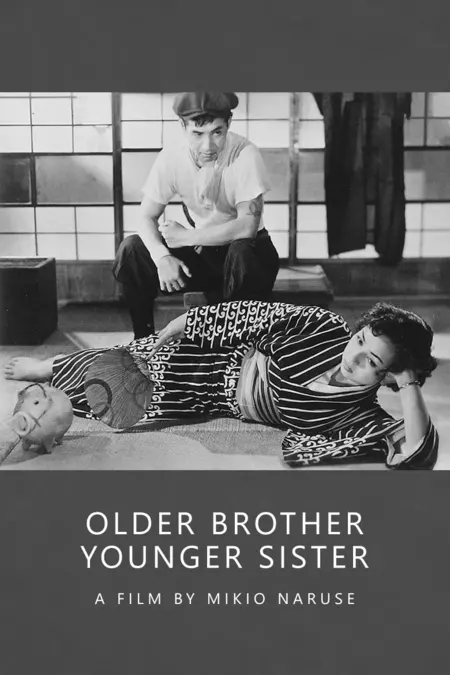
Brother and Sister (1953)
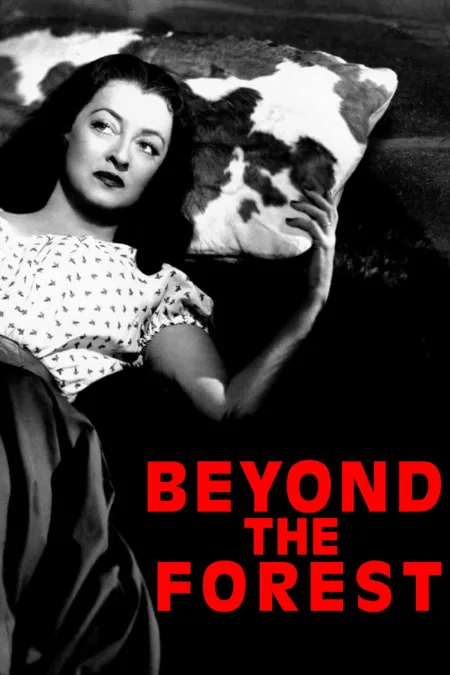
Beyond the Forest (1949)
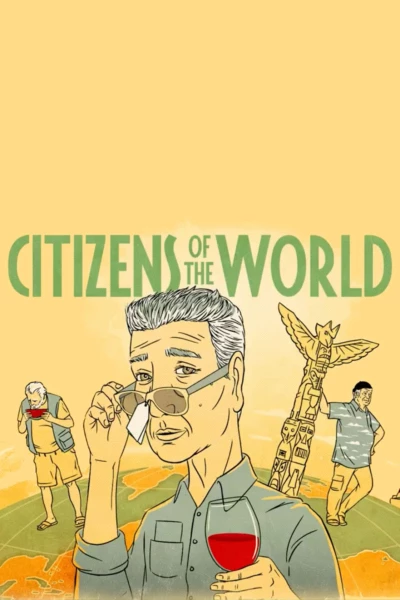
Citizens of the World (2020)
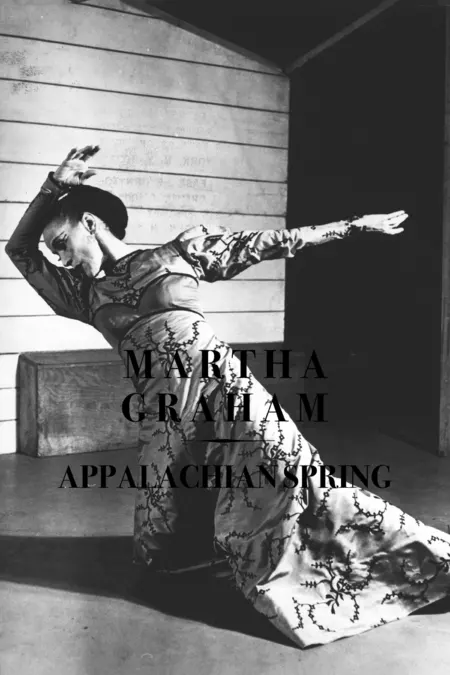
Appalachian Spring (1958)
